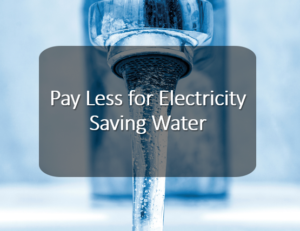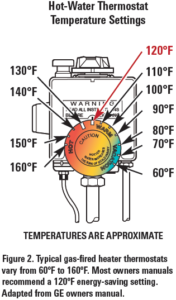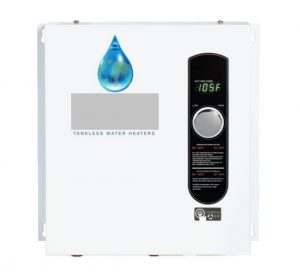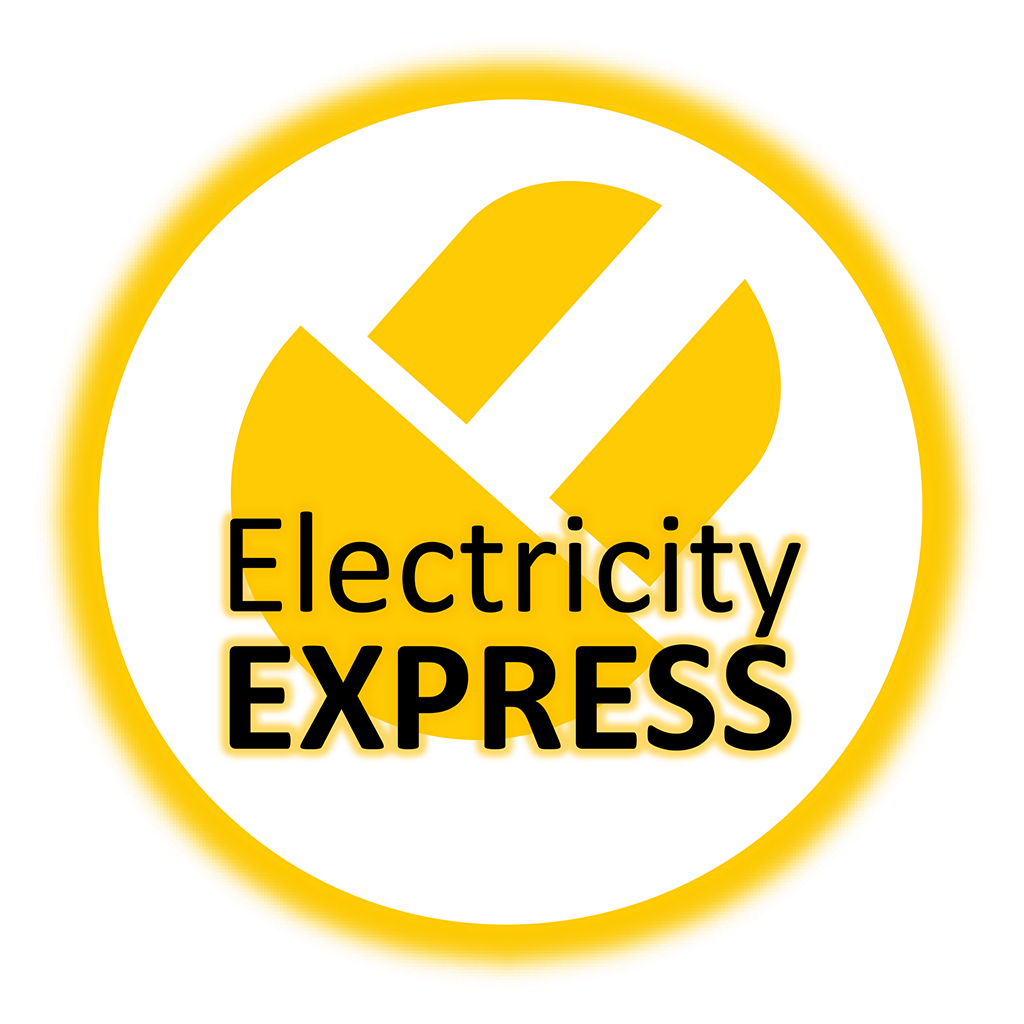How to Pay Less for Electricity Saving Water
You may ask me why saving water has to do with saving electricity. Yes, they are different commodities, and both may come from the same supplier. However, most of the time we use water, we use other appliances that use electricity. Therefore, you can pay less for electricity by saving water.

Lower utility bills
Before I begin, I would like to remind you that water is a non-renewable resource. Equally, as of right now, most of our electricity comes from non-renewable resources. With that in mind, I think we need to save our resources before they are gone forever. As I posted the other day, the day of running out of natural resources for energy is getting close.
When We Use Less Hot Water, We Use Less Electricity
Think about every time you open the water faucet, especially if you have a “single handle” type for temperature control. If you don’t need hot water, do you really check if the handle is cold?
To be honest and let me tell you that I am very careful with my electricity usage, and I know this affects my energy waste, sometimes I forget to pay attention to this.
Every time we turn the knob to get water and if it’s not all the way to cold water, some hot water will be pushed through the pipes. This will use water from the water heater. The water heaters’ job is to always maintain hot water. So, if we don’t use it, we are just wasting energy. The water heater will fill up again with cold water and the water heater will do its job and heat up that fresh new water coming from the register.
What to do with wasted cold water
Here is another situation, we need hot water, however, how long it takes to reach the water faucet? What can we do with all that wasted cold water that is running until we get the desired hot water?
Personally, I don’t use much hot water, however, when I need it, I save the unused cold water to:
- Water my plants
- Cooking (it will be broiled anyways)
- Flush the toilet
- Clean the floors
- Clean the dishes
Solutions to Save Electricity when Using Water
For conventional water heaters
- Avoid opening the hot water when is not needed
- As mentioned above, have some use for unused cold water
- Adjust the water heater thermostat
- Shorter showers
- Wash your clothes and dishes with full loads and only use hot water when needed
Extremely hot water can be dangerous. Imagine that a young kid is taking a shower and somehow the kid turns off the cold water. We can get 3rd degree burns with water at 160 degrees.
Here are the suggested settings for a conventional water heater.

Change to a Tankless Water Heater

Save Energy and Money with a Tankless Water Heater
These heaters cost less than a conventional water heater and their life span is almost the same.
Tankless water heaters take up about 10% of the space.
They use about 30% less electricity than the others.
No need for stored hot water.
How to know if I Pay Less for Electricity Saving Water
In conclusion…
How can we measure all these efforts of saving electricity and water? The only way to see your electricity savings is on your electricity bill. However, if you receive a monthly bill, unlikely you will find out when those savings started.
If you use prepaid electricity, you can notice your savings the very next day. The reason for this is that with prepaid electricity you get a daily text or email with your electricity usage. So, you can see what was electricity usage before practicing these ideas and after making all these changes.
We offer prepaid electricity through Payless Power, you can check the rates and enroll with this link. Or you can call the number on the top of the page and see how this prepaid electricity works.
Check out our Power Blog with more energy-saving ideas.
